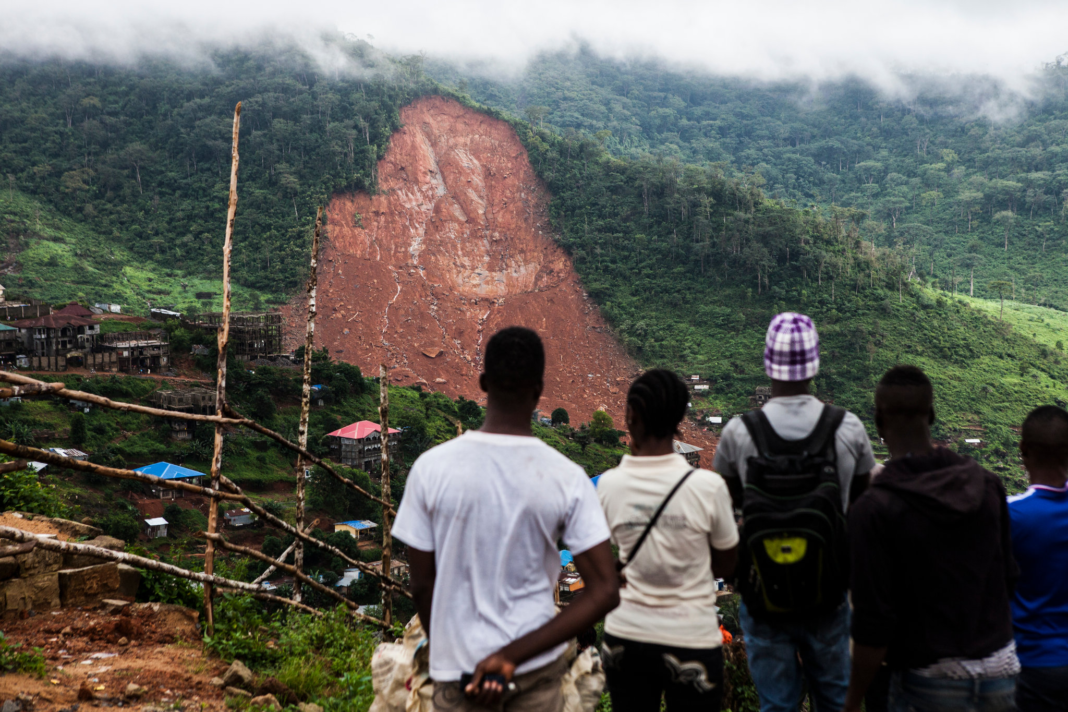FREETOWN – As Sierra Leone marks the 13th anniversary of the catastrophic 2017 mudslide, which claimed over 1,000 lives in a matter of minutes, Freetown’s climate fight has evolved from local desperation to global urgency.
Back in 2025, Mayor Yvonne Aki-Sawyerr delivered a sobering message on BBC’s Talking Business: “Climate change is killing Freetown.” Her voice was one of the first from West Africa to demand justice and bold action amid an escalating crisis driven by rising temperatures, deforestation, and unregulated urban growth.
Five years later, her warnings have proven prophetic—and her activism transformative.
Since 2025, Freetown has accelerated its environmental programs. The Freetown the Treetown project, once targeting one million trees, has now surpassed five million, creating hundreds of green jobs and drawing international investment through carbon credit markets. Urban planning reforms, community-based flood response systems, and youth climate leadership programs have become hallmarks of the city’s resilience strategy.
“We now have legislation giving local governments the power to enforce building codes and manage development. That didn’t happen overnight,” said current FCC Deputy Mayor Mariatu Kamara. “It took years of persistent advocacy and devastating loss.”
Though Mayor Aki-Sawyerr’s tenure ended in 2028, her legacy continues through the policies she championed and the global partnerships she built as co-chair of the C40 Cities Climate Leadership Group.
Freetown’s climate story has become a global case study on the urgency of action in low-emission, high-risk cities. “We were the warning,” Aki-Sawyerr said in a 2030 reflection. “And we chose not to be the victims—we became the voice.”
The question for Sierra Leone now is no longer if climate change is real—but whether its hard-earned progress can outpace the threat.
By Joe Turay



